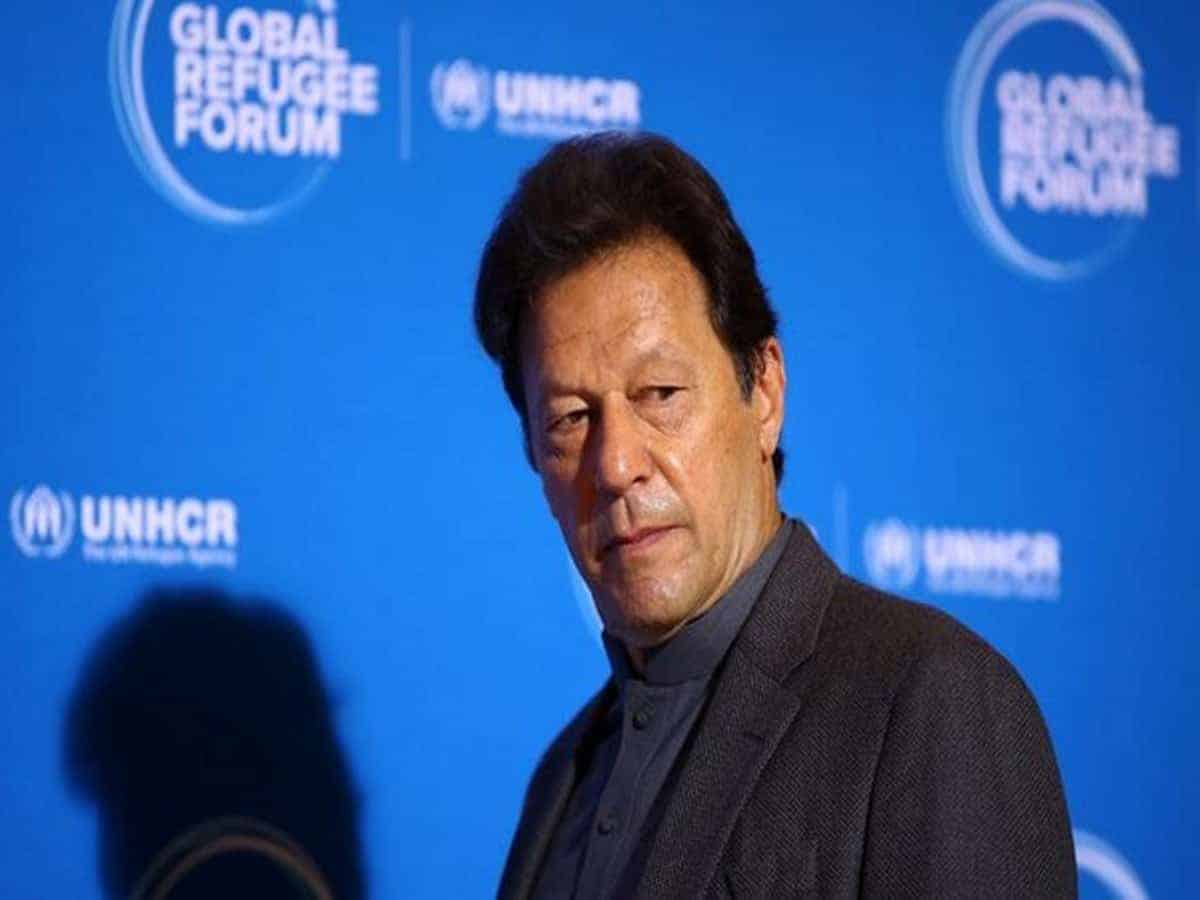Paris: Despite Pakistan’s intense lobbying and negotiations this week at the parleys in Paris to be taken off the “grey” list of the Financial Action Task Force (FATF), the global anti-terror funding watchdog on Tuesday decided to keep the Islamic nation on its ‘grey’ list, informed sources have told ANI.
To a major setback, Islamabad didn’t get any respite even after the support of Turkey and Malaysia, the sources added.
The meetings began on Monday but the plenary session, which will decide whether to keep Pakistan on its watch list, also known as the grey list, begins on February 19.
The International Co-operation Review Group (ICRG), a part of the FATF, took the issue earlier today to evaluate whether the south Asian nation has taken sufficient steps and implemented its plan of action to fight the global menace.
On Monday, Pakistan submitted a report on action regarding the implementation of the watchdog’s plan of action during the Paris meeting. More than 800 representatives from 205 countries and jurisdictions around the world including the IMF, UN, World Bank, and other organisations, will take part in the meeting.
The watchdog, in 2018, had placed Pakistan on the grey list and the watchdog has already granted Islamabad an extension till February 2020 during a meeting in October last year.
The FATF’s Asia-Pacific Group’s meeting, which took place in Beijing last year in October, analyzed Pakistan’s situation from a technical point of view. China, who took over as the chair of the inter-governmental organisation since July 2019, expressed satisfaction over the “visible progress” made by Islamabad, leading to speculations that it could be put in a “white” list from “grey” list, according to Pakistan media reports.
The body warned that Islamabad would be put on the blacklist if it did not comply with the remaining 22 out of 27 points related to anti-money laundering and counter-terrorist financing.
Pakistan, if blacklisted, would have faced isolation from the international banking system, introducing stricter checks and safeguards on transactions involving the country.
The progress of a FATF initiative to combat financial flows from the illegal wildlife trade, adopting guidance on digital identity, and developments in the financing of ISIL, Al-Qaeda, and affiliates are some of the issues to be discussed during the meeting.
Defence experts in New Delhi on Saturday noted that the recent sentencing of Jama’at-ud-Da’wah (JuD) chief Hafiz Muhammad Saeed, just days ahead of the FATF meeting in Paris was also just an eyewash to delude the international community and that the Mumbai terror attacks mastermind will be released shortly after the watchdog announces its decision.
Last year, under pressure after the FATF review, Pakistan formally banned Saeed’s JuD and other associated organisations, after years of allowing them to operate freely across the country.

